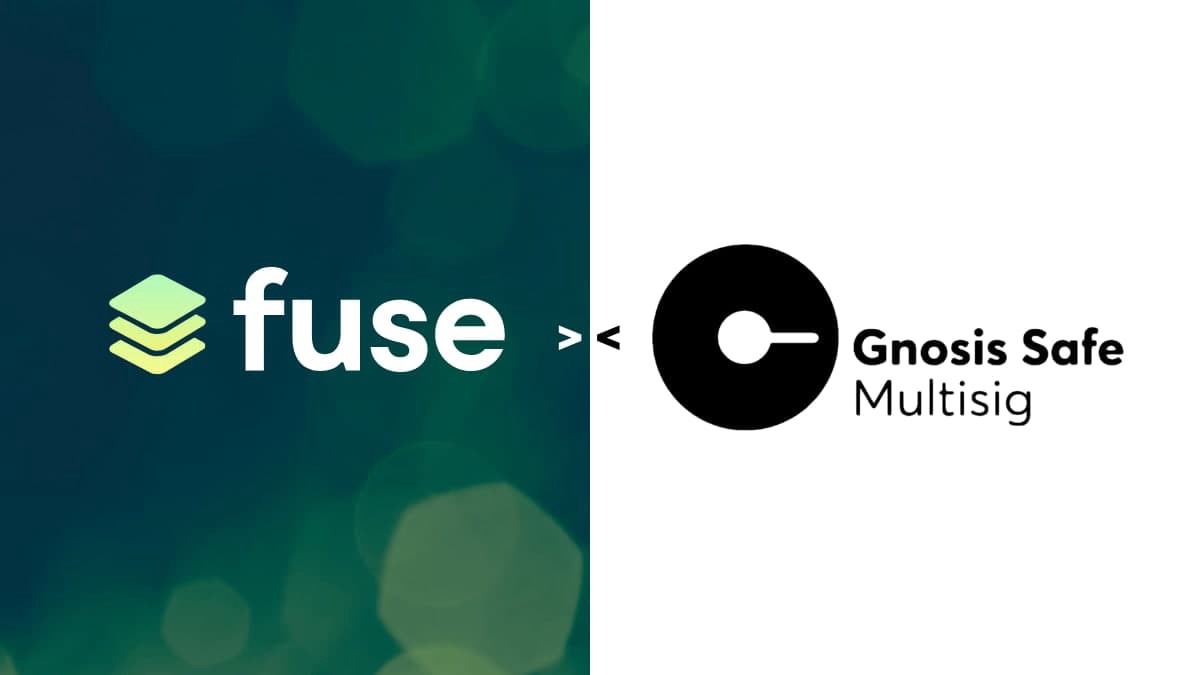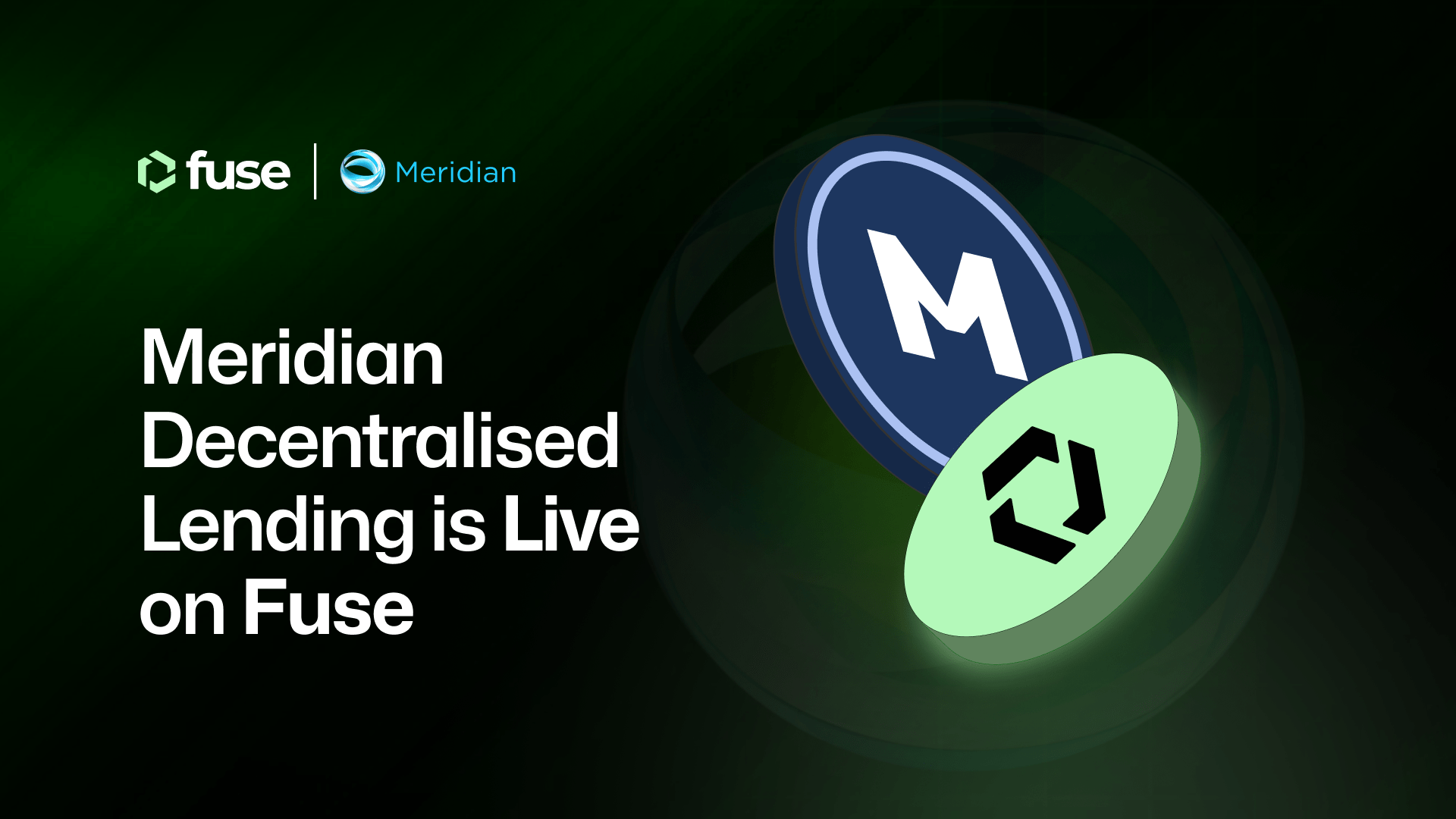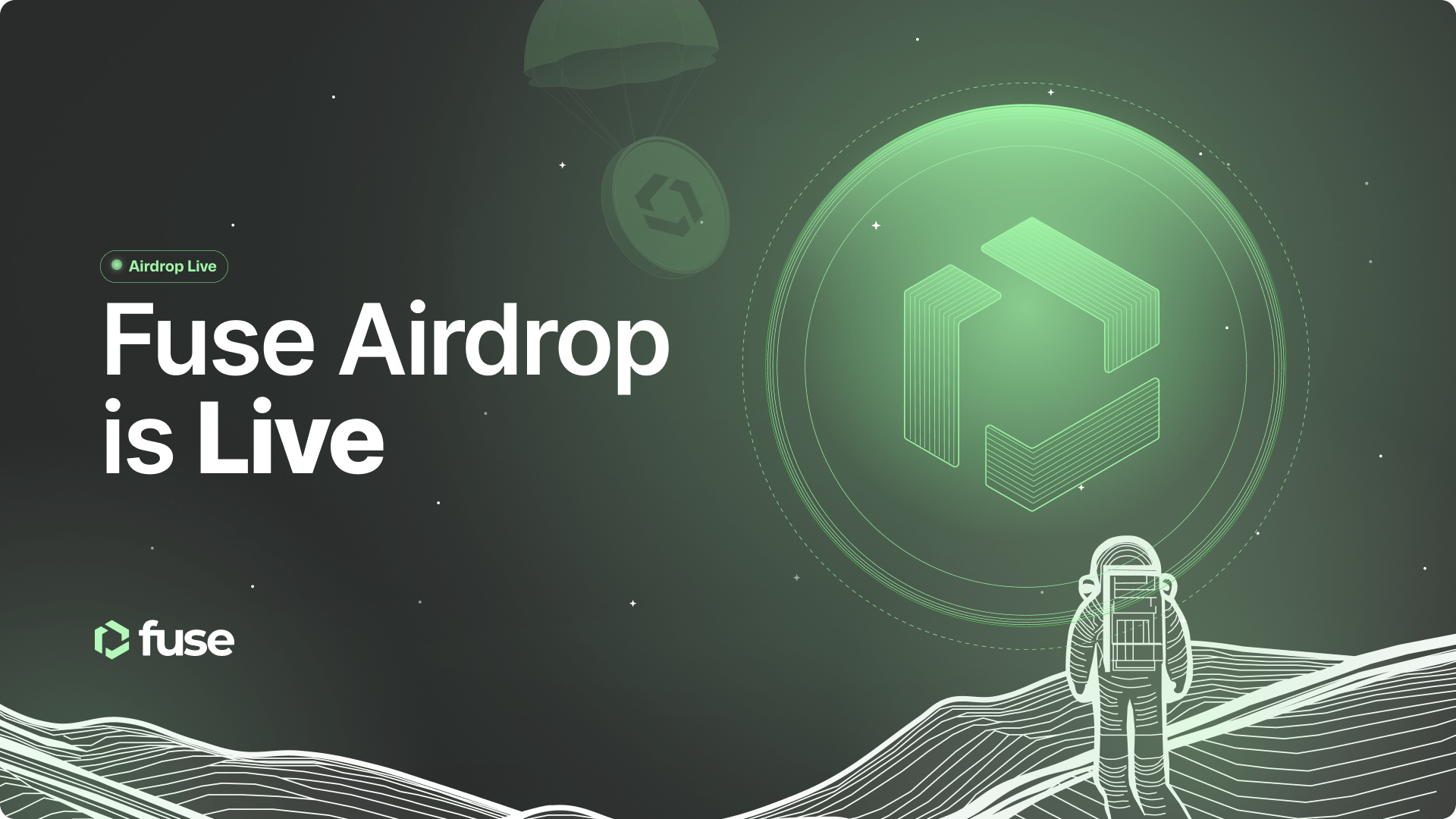Gnosis Safe smart contracts have been deployed on the Fuse Network blockchain. Now, any project, DAO or even individual user can create a muti-signature wallet on Fuse with no code to streamline and secure treasury and fund management.
The “not your key — not your crypto” adage remains as true as ever, despite all the changes that the crypto space has undergone since its inception. Users who lose or expose their private keys to hackers still lose control of their funds. The risk is augmented in context where funds belong to and are managed by organizations involving multiple individuals.
Increased decentralization of blockchain projects, especially along the lines of creating decentralized autonomous organizations has made the need to streamline funds/treasury management even more pressing. Multisignature wallet solutions emerged as a result but they were cumbersome to create and manage, requiring technical expertise. However, Gnosis Safe has gone a long way towards making multisig creation and management as frictionless as possible.
No-code multi-sig for EVM-compatible blockchains
The Gnosis Safe open-source protocol is one of the most popular and trusted solutions for creating multi-signature wallets on EVM-compatible blockchains. It supports blockchains’ native tokens like ETH or FUSE, ERC-20 tokens and ERC-721-compatible NFTs.
The core functionality that Gnosis Safe enables is the creation of multi-signature wallets (safes) to which funds can be deposited. The funds held in a safe can only be released by the required quorum of the safe owners designated by the safe creator.
Gnosis Safe multisig available on Fuse
The Gnosis Safe smart contracts have now been deployed on the Fuse Network blockchain and a dedicated user interface for interacting with them has been created. Now, anyone can create a multi-signature wallet (safe) and assign its management to several Fuse accounts whose signatures are then required for executing transactions.
The vault (safe) creator can create a safe, fund it with tokens and assign other public addresses on Fuse Network as co-owners. They also need to determine the quorum for confirming transactions (for instance, 2 out of 3 owners).
If a transaction using the stored funds needs to be executed, any of the co-owners can initiate it and then it becomes part of the safe’s transaction queue. Other co-owners can access the transaction queue and once the required number of co-owners confirm the transaction, the funds are released by the safe’s smart contract. The low transaction fees on Fuse Network make it possible to sign transactions on-chain, increasing security.
This makes it more convenient and secure for projects — and especially DAOs — on Fuse to manage funds and treasuries. And even individual users can benefit from the Gnosis Safe multisig functionality by boosting the security of their holdings. If one of the multisig-controlling addresses gets hacked, the hacker will still not be able to siphon off funds. Or if one private key is lost, the remaining private keys controlled by the user can still release the funds, provided that the quorum is not 100%.
Follow our social media channels to stay updated on recent news and developments at
We also encourage you to subscribe to our newsletter here.


